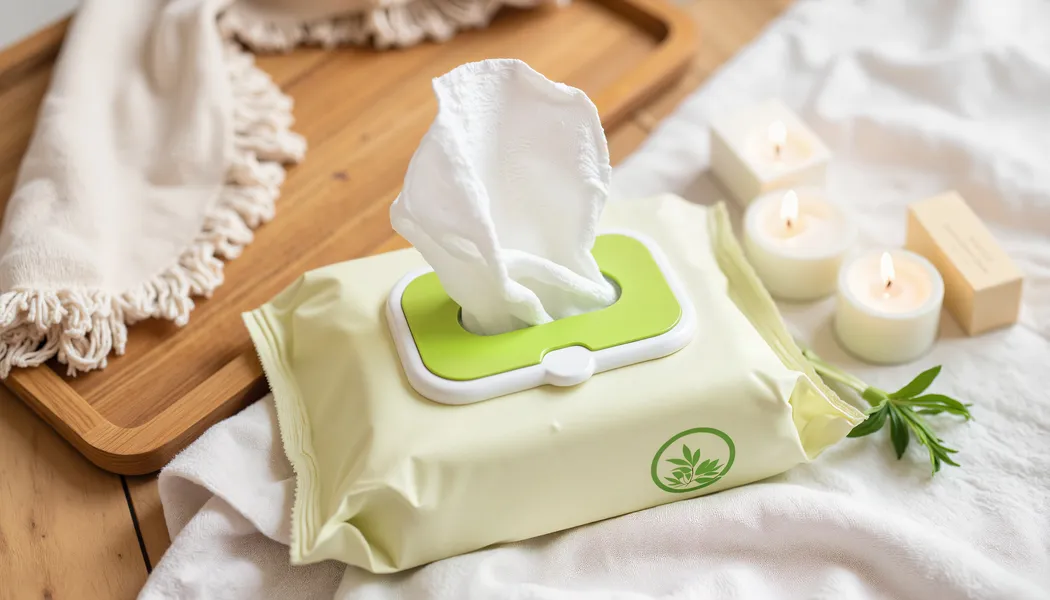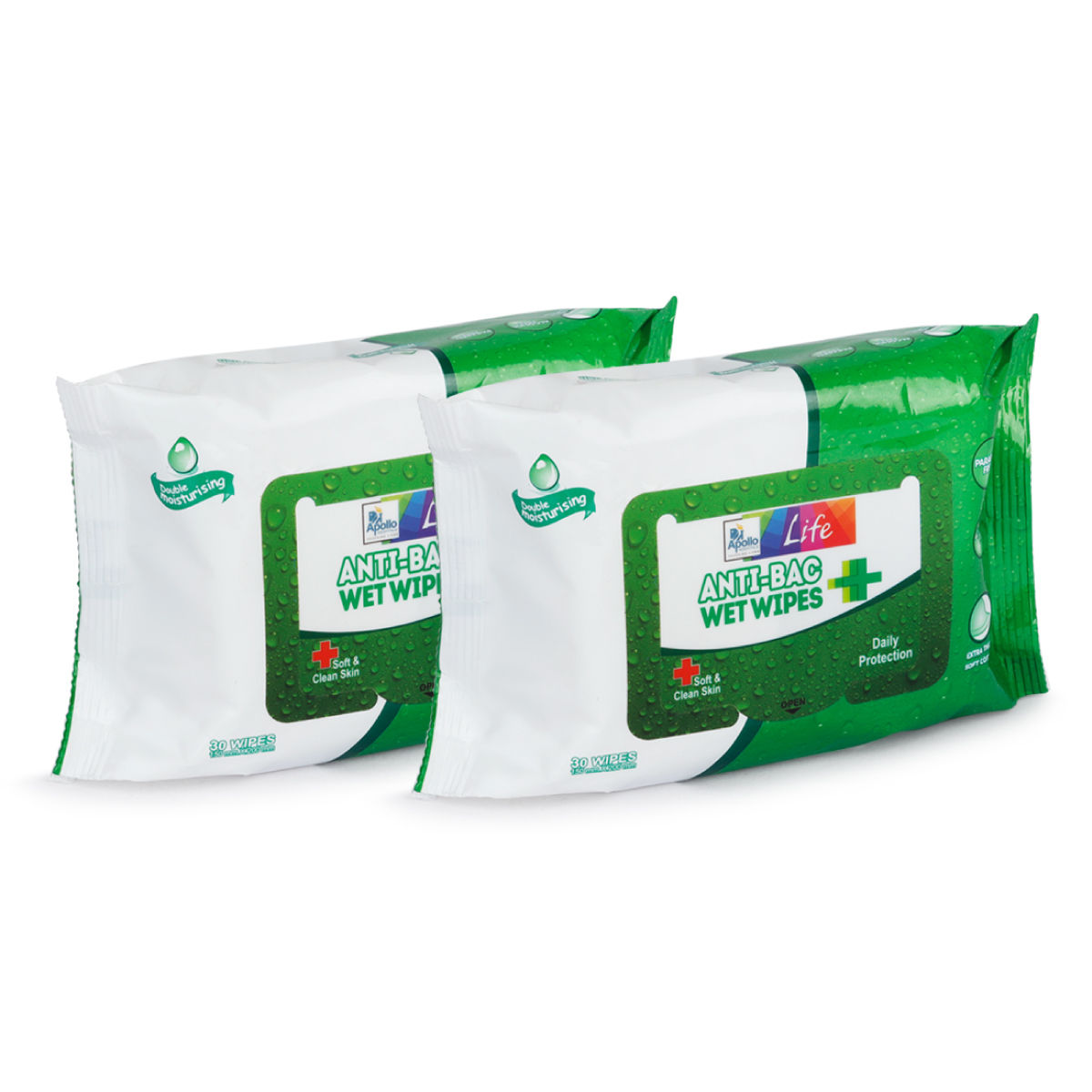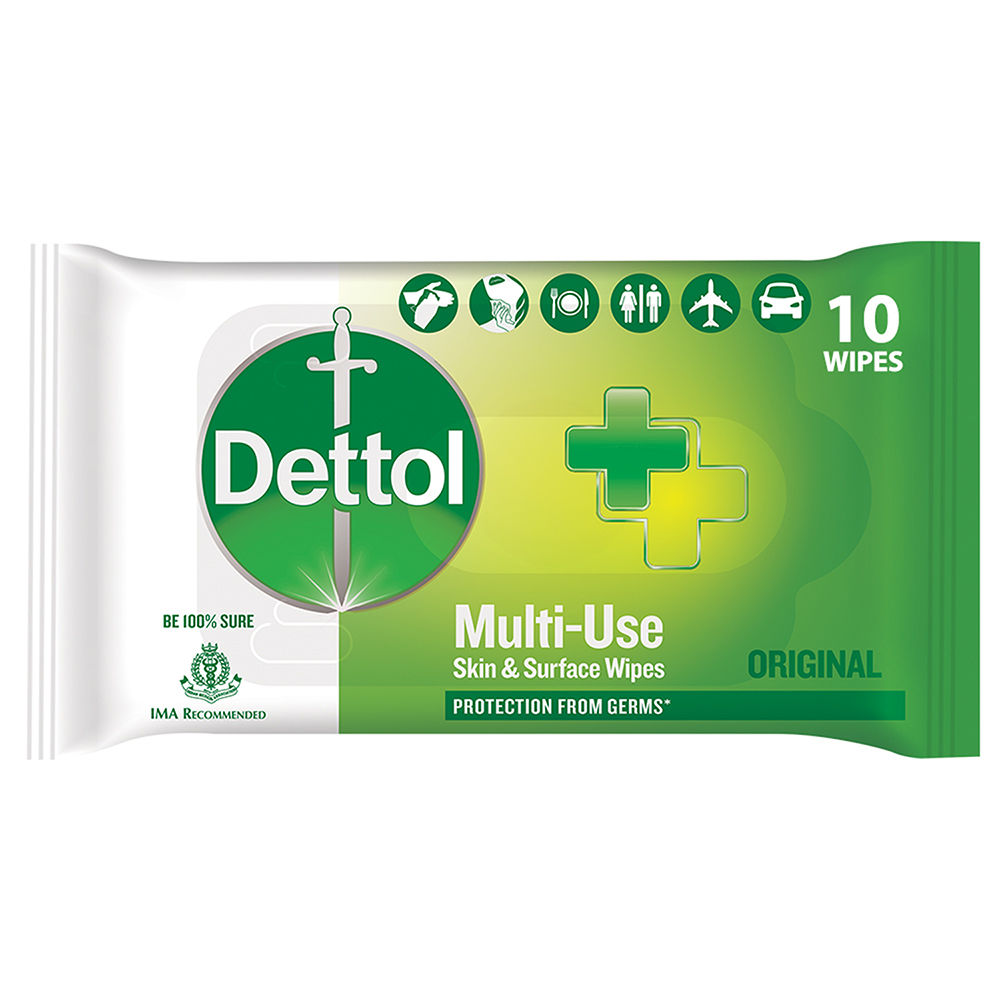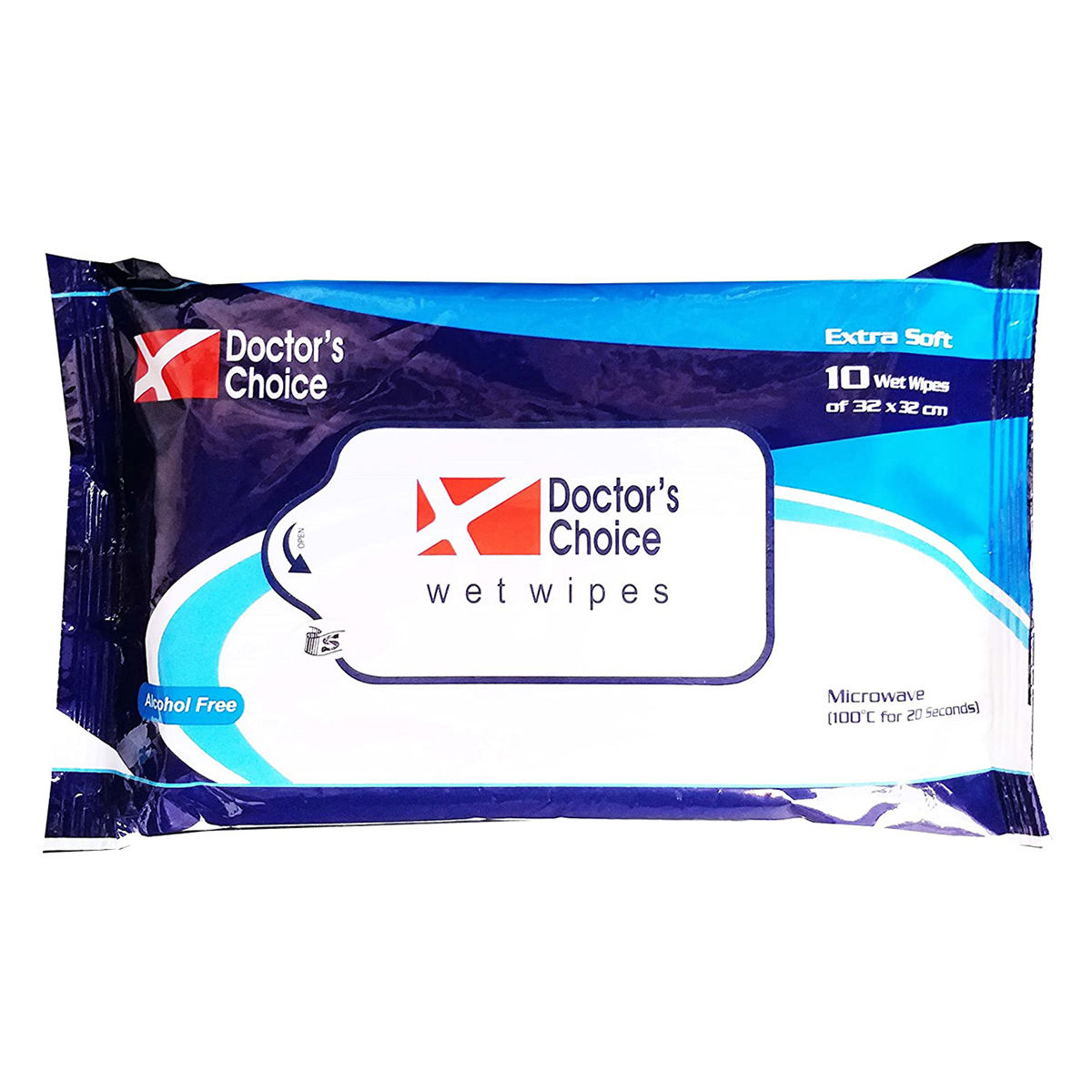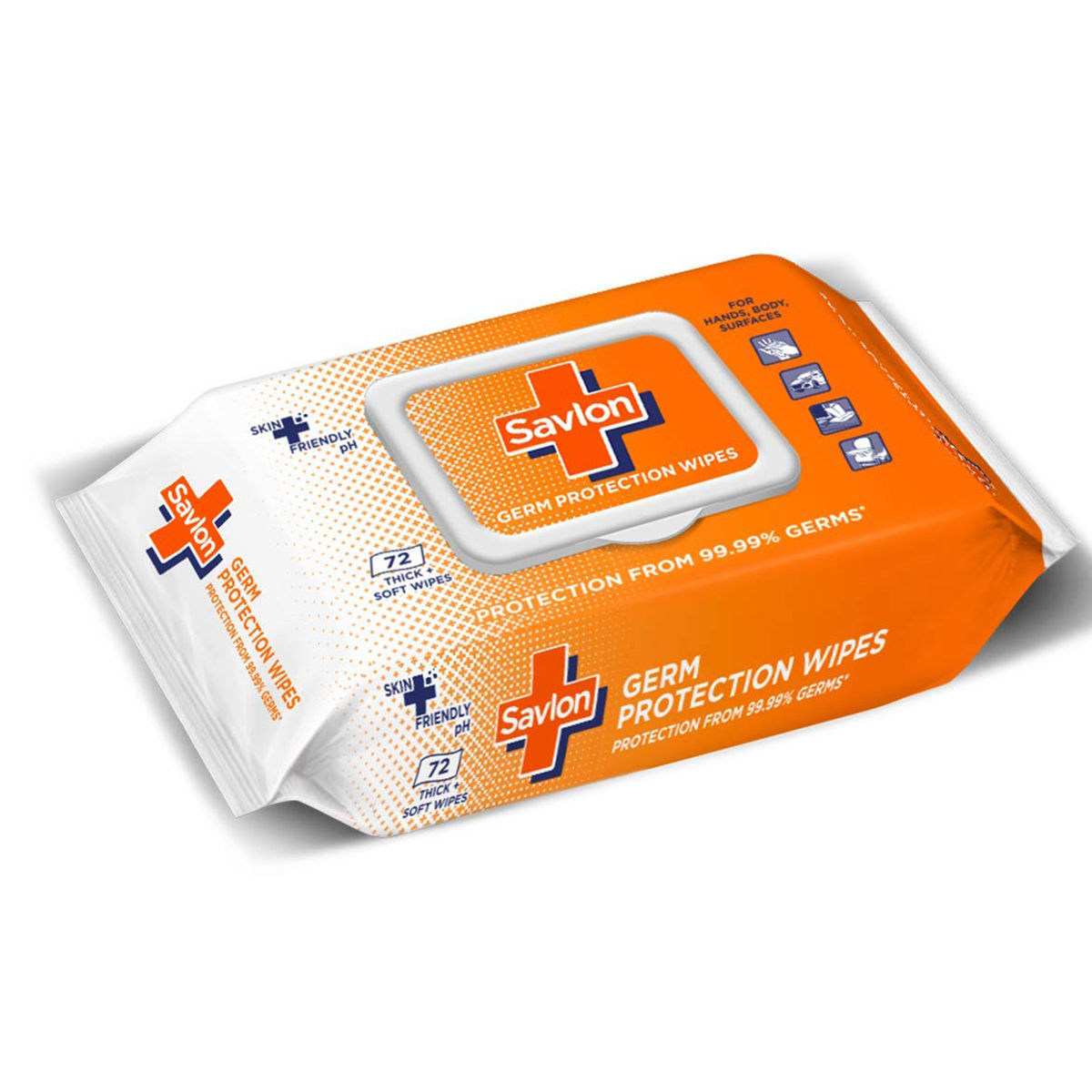Facial wipes are incredibly convenient for removing makeup or getting a quick clean when you're on the go in India. However, this convenience often comes with a hidden environmental cost: improper disposal. Most wipes are made with synthetic fibres (like plastic), meaning they don't break down easily, creating major long-term waste problems. As responsible citizens, it's vital we practise the right facial wipe disposal methods in India. Let's learn simple yet effective ways to manage this small but persistent source of waste and discover the best eco-friendly face wipe options available in India today.

